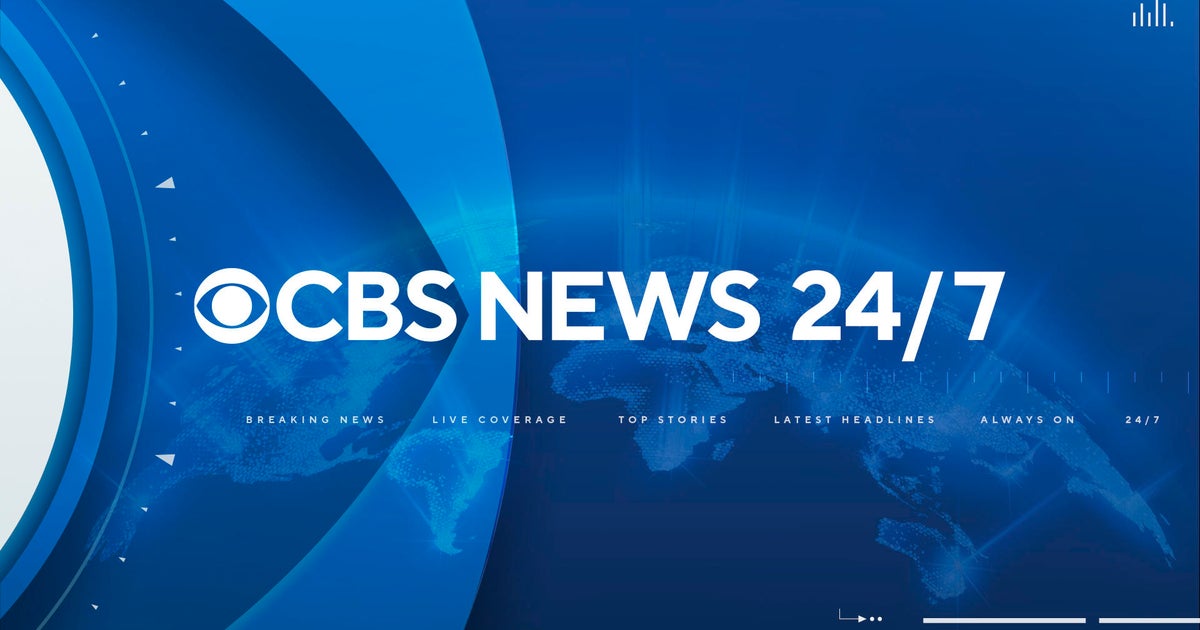News Recap: Vital Stories from Around The Globe
Browsing the Information Landscape: Tips for Searching For Credible Information
In an age where info is abundant yet usually undependable, navigating the information landscape with discernment is critical. Establishing the reputation of sources is the first action, as understanding the credentials of authors and the online reputation of their magazines can significantly influence the quality of details consumed.
Assessing Resource Trustworthiness
Evaluating resource reliability is crucial for guaranteeing the integrity of information in an age noted by information overload. As people browse various kinds of media, from digital posts to social networks, discerning credible sources comes to be paramount. Secret variables to consider when examining resource reliability consist of the authority of the writer, the publication's track record, and the proof provided to support insurance claims.
First, check out the author's qualifications and experience in the subject matter. Authors with appropriate scholastic or specialist backgrounds are more probable to give reliable insights. Next, think about the magazine's reputation; established media outlets usually abide by journalistic criteria and fact-checking methods, making them extra trustworthy.
Additionally, analyze the quality and significance of the evidence provided. Trustworthy resources commonly point out peer-reviewed researches, specialist meetings, or main stats, which boosts their insurance claims.
Cross-Checking Info
Cross-checking information is a vital technique for validating the accuracy of claims and staying clear of the risks of misinformation. This process entails comparing information from numerous credible sources to determine its legitimacy. When coming across a newspaper article or insurance claim, one should look for additional coverage on the exact same topic from various outlets. This helps to recognize inconsistencies and confirm realities.
To successfully cross-check information, it is necessary to utilize diverse resources, including developed information organizations, scholastic journals, and specialist opinions. Each resource may offer a special point of view or added context that enhances understanding. In addition, focus on the magazine days of the information being examined, as updates or corrections may have been provided.
In addition, consider the context in which information exists. Seek substantiating proof, such as information, meetings, or direct accounts, that offer reliability to an insurance claim. Be mindful of marvelous headlines or mentally billed language, as these can show an effort to adjust assumption.
Identifying Bias and Perspective
Understanding bias and perspective is essential for navigating the complicated landscape of info. Every piece of news is filtered through the lens of the author's experiences, beliefs, and associations, which can significantly form the narrative offered. As customers of details, it is crucial to identify these prejudices, as they can cause altered understandings of reality.

It is additionally crucial to acknowledge your very own predispositions. Personal ideas can influence how you translate information, making it vital to come close to news with a critical way of thinking. Engaging with varied point of views can help neutralize personal prejudices, enabling for an extra rounded understanding of concerns.
Eventually, identifying predisposition and viewpoint in news coverage is not simply a scholastic exercise; directory it is a crucial skill for notified citizenship in an autonomous society. By growing this awareness, people can make even more educated choices and contribute to a much more nuanced public discussion.
Understanding Fact-Checking Resources
Fact-checking sources play a pivotal function in critical the accuracy of info in a period marked by misinformation and sensationalism. These sources, that include independent organizations and on the internet systems, are dedicated to confirming cases made by somebodies, media outlets, and social media sites posts. They utilize extensive techniques to evaluate the credibility of declarations, often citing original resources and giving context to facilitate understanding.
Some widely known fact-checking companies, such as Snopes, FactCheck.org, and PolitiFact, concentrate he said on different subjects, from political unsupported claims to viral net claims. Their work not only exposes incorrect info however likewise stresses the relevance of evidence-based discussion. By speaking with these resources, individuals can establish a much more discerning technique to the info they come across.
In addition, several fact-checking systems supply straightforward user interfaces that permit fast searches by subject or case, making it less complicated for customers to locate pertinent info immediately. Involving with fact-checking resources cultivates important reasoning and furnishes users with the tools required to browse the complicated news landscape efficiently, ultimately promoting an extra educated public discourse.

Using Trusted News Aggregators
In today's hectic info landscape, trusted news aggregators serve as valuable devices for people looking for trusted information resources. These platforms put together news articles from various reliable outlets, providing customers with a combined view of current events. By curating web content from developed media organizations, aggregators aid customers prevent the mistakes of misinformation and sensationalism often widespread in much less trustworthy sources.
When making use of information aggregators, it is crucial to pick ones that focus on quality over amount. Try to find platforms that use extensive editorial criteria, making sure that the news offered is precise and trustworthy. Popular collectors like Google News, Feedly, and Flipboard permit individuals to customize their information feeds based on subjects of interest, making it possible for a tailored experience that can boost understanding and recognition.
Furthermore, from this source aggregators commonly include attributes such as fact-checking integrations and customer ratings, additionally assisting customers in discerning legitimate information - news. While information aggregators are useful, customers ought to stay vigilant and cross-reference info with key resources when required. By leveraging relied on information collectors efficiently, people can browse the complex media landscape while staying notified with qualified and diverse point of views
Final Thought
In verdict, browsing the information landscape demands a methodical method to guarantee the consumption of reputable information. In addition, making use of fact-checking sources and trusted news collectors improves the capability to discern exact coverage from misinformation.